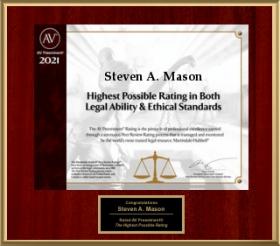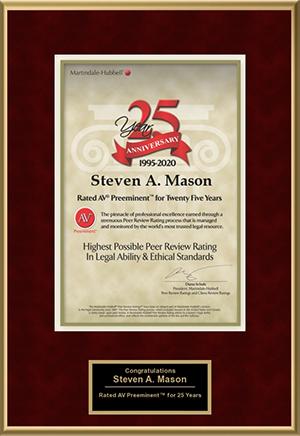Emotional Support Animals & Community Associations

There are many, many people who own pets and get genuine love and joy from that relationship. Some animals, however, have a higher calling, being specifically registered as emotional support animals (ESAs) or service animals to assist their owners with specific conditions. That said, it is sadly not uncommon for landlords and other housing providers, particularly community associations like condo boards, to either refuse to rent to someone with an ESA or to otherwise infringe on your rights. Be aware that both Florida law and the federal Fair Housing Act (FHA) entitle you to certain protections.
Different, But Both Important
It is crucial to understand that ESAs and service animals are not the same, and do not perform the same functions in the same manner, but both are still entitled to protections under law. Only dogs and miniature horses may be service animals, while ESAs can be any domesticated animal, and service animals are trained to perform specialized tasks for physically and mentally disabled people while ESAs provide comfort with their mere presence. Service animals are entitled to more protections than ESAs because of their specialized training, but both are intended to have higher status than a mere pet.
There is a misconception that ESAs are simply pets with a fancy title – and while it is true that ESAs do not have the training of service animals, the mere presence of an ESA can provide legitimate aid to their disabled owners, “alleviat[ing] … symptoms or effects of a person’s disability” without requiring the same status. Both are legally recognized, and while only service animals are recognized as aids falling under the Americans With Disabilities Act (ADA), both types of companion animal are covered under housing protections.
ESAs Are Reasonable Accommodations
In order to have ESA status for their animal, a person must obtain an “ESA letter” from their physician or mental healthcare professional. This letter is intended to serve as an opinion or recommendation that you be granted the help of an ESA to manage your mental health – most often, specific conditions like panic attacks or posttraumatic stress disorder (PTSD). However, it is important to keep in mind that for reasons of confidentiality, doctors often keep these letters short, which can lead to your condo board or other housing provider asking questions that they would not otherwise be allowed to ask.
In general, a housing provider is not permitted to ask questions about a tenant’s disability – but if the need for an ESA is “not readily apparent,” they may ask you questions in order to verify that your need is legitimate. In most cases, an ESA will be admitted as long as it is not potentially dangerous or disruptive, but every case is different – unfortunately, it is not uncommon to have a condo board member fall victim to prejudices and deny your request for reasonable accommodation without appropriate grounds.
Contact A Hollywood, FL Condominium Attorney
If you have an ESA and have questions or concerns about your condo board causing problems, consulting a knowledgeable attorney is a good idea. In most situations, an ESA is a reasonable accommodation for a disabled person, and is permitted to live in a community association, even if standard pets are normally barred. Hollywood condo association lawyer Steven A. Mason is ready to try and assist you with your case. Contact our office today to speak to an attorney.
Source:
flsenate.gov/Laws/Statutes/2020/760.27






















